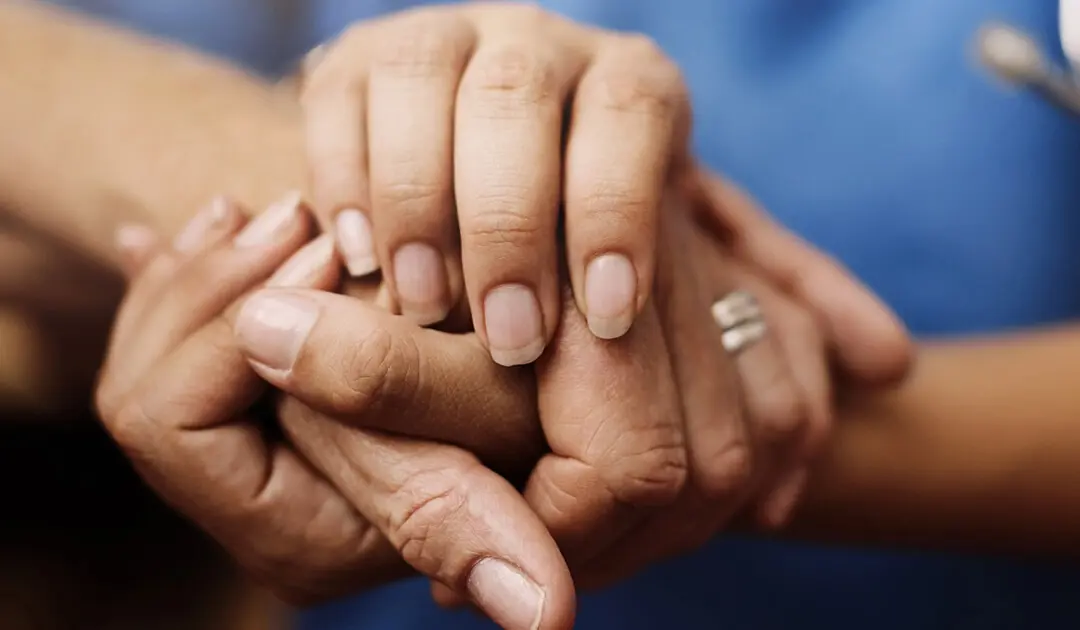Training Lessons from Lockdown

They say necessity is the mother of invention.
Based upon my experiences of 2020 and the world’s response to the global pandemic, I would say that the levels of creativity and innovation we saw were one of the few positives of a year like no other.
Suddenly because of the national lockdown many of us found that we were having to work from home.
hopping, working, conversing, and training moved online.
Many people including myself as a Global Professional Instructor, developed new skills in using various virtual platforms. We discovered that you can have a meaningful conversation with someone without having to travel across the country to be in the same room as them. We developed confidence in online and blended learning platforms.
One of the outcomes of all of this innovation and change for CPI was that, we were able to support work based trainers (CIs) more efficiently, so that organisations could continue to effectively maintain the Care Welfare Safety and Security of staff and individuals supported within those services.
Many organisations continued to train staff effectively but reduced the amount of time they had to physically be together in a training room.
During the height of the pandemic, Hospitals were stretched, and I listened to a number of Certified Instructors on Renewal programmes talking to me about the levels of fear amongst staff about Covid-19. They shared how staff anxieties, together with lack of PPE had added to staffs understanding of the risks, resulting in staff teams being more reluctant than during normal times to physically intervene. My response to this was to enquire, ‘how are they managing?’ and ‘what was the outcome of that?’.
Managing behavioural risks
What the CI described was staff being more proactive in prioritising support and having conversations at a lower level of arousal, but also using the environment and other resources more creatively to manage the behavioural risks.
As I reflected on this, I wondered whether this meant that staff had redefined their own understanding of ‘last resort’ and (in some cases) found less restrictive ways of managing the risks – or whether this is oversimplifying a highly complex duty of care decision?
We are now at a place where we are looking forward to the ‘new normal’ in a post pandemic world, living safely with Covid-19 managed. As this happens, I would hope that we would all strive to keep hold of the best of what we have learnt during the pandemic; continuing to be reflective, embracing creative ways of working and the positive changes which have been made.
This is essential, in both training and care delivery. We not only want to maintain high standards, but we owe it to the people in receipt of care, to remain open to the possibility that we can always improve what we do.